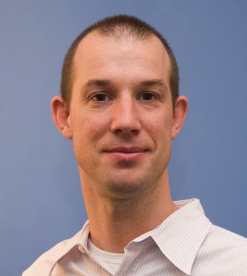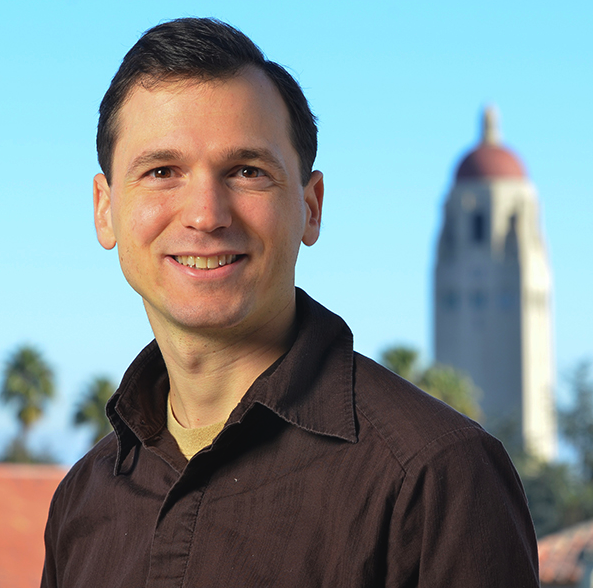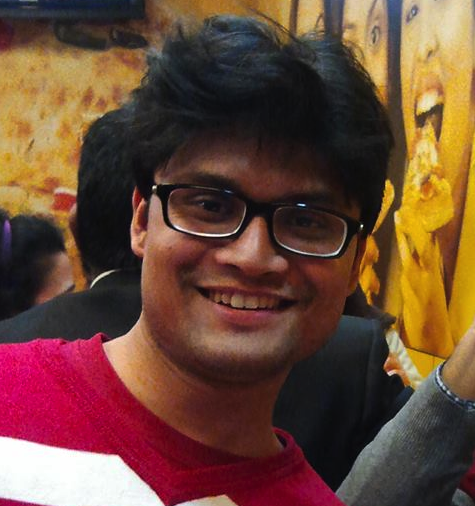The Aspring Reseacher Challenge is an initiative by professors at UC Santa Cruz and Stanford to explore the possibility of large scale research collaboration between them and aspiring researchers trying to realize their interest and potential.
As part of this program, you get to work on a research project specified by a professor. Once your application is accepted, you get access to necessary resources and receive weekly mentorship from the professor. Over the course of this program you’ll experience and participate in various research phases like brainstorming, prototype development, iteratively producing and evaluating results. The final results will be used to write a paper for a top-tier conference, and your performance will determine the author order in the paper.
Please apply for this program by filling in this form. Individual submissions are not allowed, you have to create a team for applying into this program. Please select a team name, a team leader and every team member has to fill in a separate form using the same team name.
A team leader will often be the person of contact for us. A team leader will be responsible for checking the timeline, submissions and progress within the team. If unmanageable, the team leader will represent your team during weekly mentorship meetings with the professor.
The team size can range from three to five members. We highly encourage that you team up with fellow students from the same university or campus.
We want to accept students who are passionate about research, collaborative in nature and willing to commit their time. Time commitment is important. Though no specific skill set is required, students with background in computer science, computer programming or interest in science/technology are encouraged to apply.
If any of the team or their member drops out, applicants in waitlist will be given first chance to join in.
To compete in the challenge, you must be 18 years of age or above. You can be a student, a professional or an enthusiast. You can come from any part of the world. Welcome, sky is the limit.
The program will run for roughly 10 - 13 weeks.
This program requires your motivation, time commitment and openness to collaborate. Once your team is accepted, you’ll be given access to required resources and receive weekly mentorship from the professor.
Tentatively, in the beginning of the program, all teams will work in parallel to solve a common problem using their unique approach. This technique will encourage out-of-the box ideas and bring diversity through multiple approaches. Every week, your peers might evaluate you and your team’s progress and performance. The approach receiving highest score gets discussed with the professor during the weekly meeting, and everyone is expected to take next steps or improve their approach based on these discussions. This set up will create a challenging environment for all participants, without over taxing professor's time. Every week, you also get a chance to evaluate us through a quick survey, on how we’re doing and you can make suggestions or leave anonymous comments.
Through these about 10 weeks, you’ll experience academic research process of brainstorming, prototyping, iterative development, results generation and evaluation. Depending on time constraints, diversity in approaches, your skill sets, your progress and performance; we might merge, split, add, remove or re-arrange your teams or team members to optimize this new research process in our controlled environment. Therefore, it is important that you should be willing to collaborate with new people and also be open to compliment your skill sets where its needed most. It is possible that the team you begin working with might change during the course of the program.
At the end of this program, we will submit a research paper at a top-tier conference. The paper will be based on results produced by you, and you get to be an author on the paper on the basis of your contribution. In computer science, professors go last in the author list, therefore, one of you has a chance to be the first author!
Since the professors are based in the US, the meetings will occur online, probably via Google Hangouts. It will last from 30 minutes to 1 hour, and will not hurt your performance as long as someone from your team is representing you.
During a meeting you can do the following: 1- Let your team leader represent your team, 2- One of you represent your team and rotate through everyone every week, 3- All of you sit together while joining the meeting through one account per team.
We will evaluate individual and team wise performance. This will help us rearrange teams and assign the author order when we submit the research paper.
Your progress will be evaluated by your peers, using a peer-review platform - Crowdgrader.org.
For many of you this might be your first research experience, and we believe that this experience would be valuable if you’re an aspiring researcher. You get to work with professors from top research universities in the US. This can help you build your resume and career.
If you were planning to apply for a graduate school, this can be a great first step in gaining experience in research. We’ll be happy to provide you a recommendation letter to whatsoever place you’re planning to apply/join.
Finally, some of the best and consistent performers get a chance to be authors of the paper we plan to submit at a top-tier conference.
Participation in the challenge is voluntary. We will not publicly disclose any identifying information about the team or individual, without obtaining their explicit consent. We may publish aggregate patterns of communication and process (in a scholarly research venue) or exemplar contest entries that do not reveal the identity of participants. Also, we may follow-up with high-performing individuals, to understand their approach for the program.
The results generated by the participants will be used for an academic publication, and high performing participants will serve as authors in the paper. Once published, the results and findings will be publically available.
We are a group of computer scientists from the University of California Santa Cruz and Stanford University.



Prof. James Davis (UCSC), Prof. Michael Bernstein (Stanford), Rajan Vaish (UCSC/Stanford)
Please feel free to email Rajan Vaish at rvaish@cs.stanford.edu . If your question is likely to help others, we’ll add it to our FAQs list.
-Parallel prototyping leads to better design results, more divergence, and increased self-efficacy. Steven P. Dow, et. al. ACM Trans. Comput.-Hum. Interact 2010. [pdf]
-The Polymath Project: Lessons From a Successful Online Collaboration in Mathematics. Justin Cranshaw, et. al. CHI 2011. [pdf]
-Massively Distributed Authorship of Academic Papers. Bill Tomlinson, et. al. CHI 2012. [pdf]
-Pair Research: Matching People for Collaboration, Learning, and Productivity. Rob Miller, et. al. CSCW 2014. [pdf]